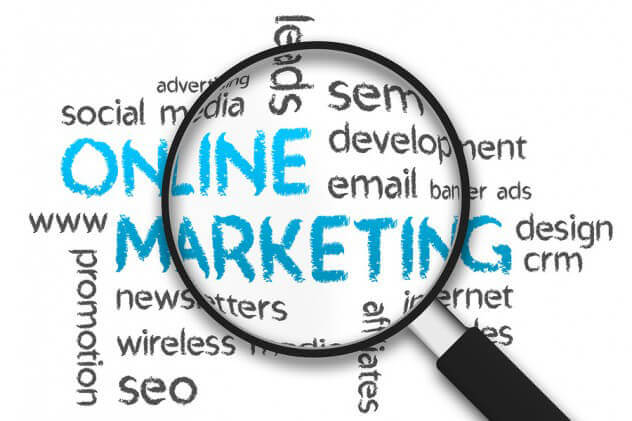Ecommerce and the Online Marketing Industry
Electronic or e-commerce refers to commercial transactions that are initiated and executed online. The e-commerce industry is the latest and fastest growing business frontier and includes a variety of commercial activities including online banking, retail trade, investing ventures, and rental services.

image source: forbes
The Basics of E-commerce
E-commerce strategies can be divided into two main categories: the pure-click model and the brick-and-click systems. Pure-click companies are website start-ups with no previous existence as a traditional commercial venture. These companies have to create their operational models from scratch and these tend to be vulnerable in their initial phase. The right online marketing strategy is integral to their success and continuing existence as they do not have a readymade following to sell to.
Brick-and-click companies, on the other hand, are existing companies that have added an online site for e-commerce. Most big brands have now gone the brick-and-click way and have added an official online e-commerce catalog in addition to regular agents and retail outlets. Though these companies have the advantage of drawing on their prior ad campaigns and store promotions to draw clients to their online store, they still need to focus on internet-specific online marketing strategies if they are to succeed.
Online Marketing and E-commerce
E-businesses are some of the most popular shopping outlets for customers because of their convenience and as well as the attractive prices. Online businesses are open for commerce 24×7. They also tend to offer lower prices and better bargains. But, the very popularity of the market has led to a high level of competition between businesses. With dozens of different sites offering similar products and services, the right marketing strategy becomes integral to business success. Some of the major areas of online marketing include the following.
• Banners and Displays Advertising: a form of affiliate marketing that uses banners or displays placed on third-party websites to drive traffic to the e-commerce site.
• Search Engine Optimization (SEO): one of the most effective and core online marketing processes. A complex process that modifies a site’s content and metadata to improve its visibility in relevant search engine listings.
• Social Media Marketing: Using websites such as Facebook, Twitter, and LinkedIn to promote a brand and/or website.
• Email and Referral Marketing: involves “cold-calling” new customers with interesting promotions and/or giving existing customers special inducements to refer friends and family to the site.
Today, almost every industry deals with e-commerce projects in one way or the other. A large percentage of businesses have started using online sourcing for their raw materials and supplies. Most businesses also have a website, which include platforms where new clients can ask for quotes on services. The right combination of online marketing strategies helps e-commerce sites retain existing customers and attract new ones.
